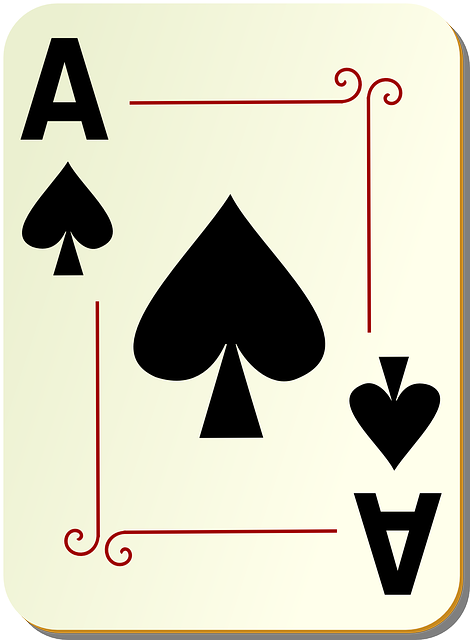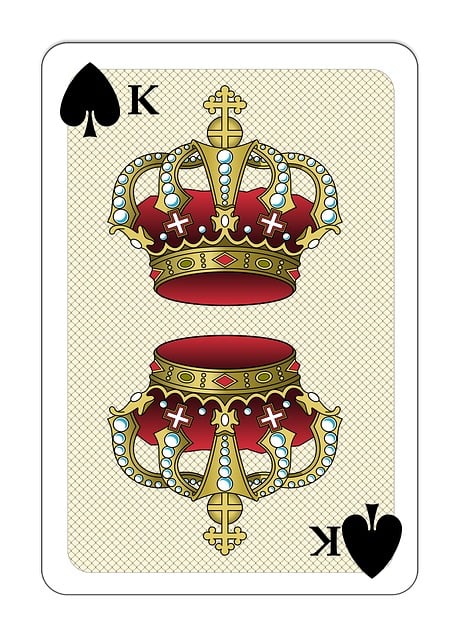Mastering poker Tournaments requires understanding their distinct stages and adapting strategies accordingly. Players must balance aggression and passivity based on rounds and blind levels, with early stages demanding caution and late stages offering opportunities for aggression as tables shrink. A strategic approach involves self-analysis, researching tournament specifics, mentally preparing, and analyzing past performance. Adaptability is key, constantly evaluating hand strength, table dynamics, and opponent betting patterns to make informed decisions, ensuring success in poker Tournaments.
“Unleash your inner poker master with our comprehensive guide to winning strategies in poker Tournaments. From understanding the intricate tournament structure, where timing and position are key, to crafting a robust pre-tournament plan that sets you up for success.
We’ll navigate through effective in-game tactics, highlighting the art of adapting on the fly. Discover how to outmaneuver opponents and make informed decisions under pressure. Master these strategies, and you’ll be well-equipped to conquer any Poker Tournament.”
- Understanding Tournament Structure: Key to Success
- Building a Robust Pre-Tournament Strategy
- In-Game Tactics and Adapting on the Fly
Understanding Tournament Structure: Key to Success

Understanding the structure of a poker tournament is paramount to success. Unlike cash games, tournaments have specific stages with distinct rules and structures that can dramatically impact your strategy. Players compete in multiple rounds, often with blind levels reset after each, which requires careful management of chips and position.
Knowing when to be aggressive, passive, or adjust your play based on the stage of the tournament is crucial. Early rounds demand a conservative approach, focusing on solid hands and position. As the tournament progresses, aggression can pay off more frequently as tables narrow and players become desperate. Recognizing these shifts in dynamics and adapting accordingly is key to navigating the often complex landscape of Poker Tournaments.
Building a Robust Pre-Tournament Strategy

Building a robust pre-tournament strategy is half the battle won in any poker tournament. Before you step into the ring, meticulously analyze your game and set clear objectives. Understand your playing style – are you an aggressive player who thrives under pressure or a more conservative one who prefers a steady approach? Identify your strengths and weaknesses; this self-awareness will guide your decision-making during the tourney.
Research is also key. Study the tournament structure, blind levels, and stack sizes to anticipate challenges. Past performance in similar events can offer valuable insights into what strategies have worked and which ones might need tweaking. Finally, prepare mentally by adopting a calm, focused mindset; this composure will serve you well when facing unpredictable situations at the table.
In-Game Tactics and Adapting on the Fly

In poker tournaments, successful players are those who can adapt their strategies on the fly. It’s crucial to constantly assess your hand strength, the dynamics of the table, and the betting patterns of opponents. Observing and interpreting these factors allow you to make informed decisions, whether it’s folding early to preserve chips or going all-in at the right moment to bluff and outmaneuver competitors.
One effective in-game tactic is recognizing when to play aggressively versus passively. Aggressive plays can help you build a strong chip stack by winning larger pots, but they also come with risks. Conversely, passive strategies allow for more calculated moves, preserving chips and waiting for the right opportunity to strike. Adapting your approach based on these considerations is key to navigating the unpredictable nature of Poker Tournaments.
Mastering poker tournament strategy involves understanding the unique structure of these events, crafting a solid pre-tournament plan, and staying adaptable during play. By grasping these key concepts, you’ll be better equipped to navigate the exciting yet challenging world of Poker Tournaments, where every decision counts.






